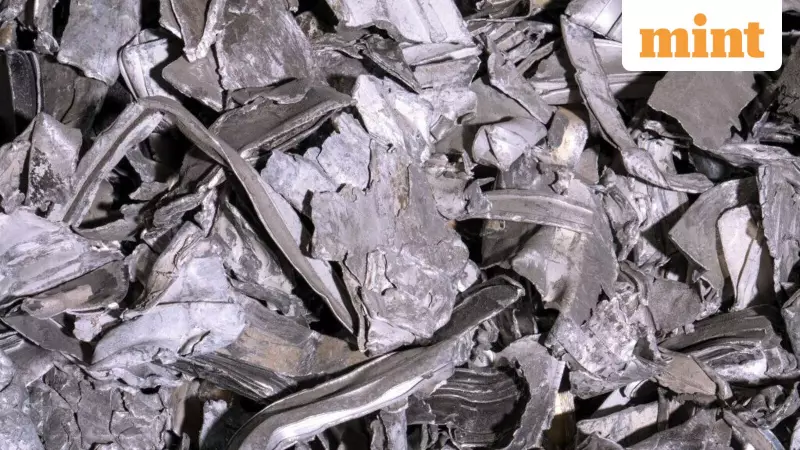
EU Moves to Secure Aluminum Scrap for Green Transition
The European Commission has announced plans to implement restrictions on aluminum scrap exports, responding to growing concerns that increasing outflows could create critical shortages for Europe's decarbonization initiatives. The proposed measures, expected to be adopted by spring 2026, aim to balance export controls with maintaining competitive pricing and supply chain stability.
Strategic Commodity for Decarbonization
EU trade chief Maros Sefcovic revealed the initiative during the European Aluminum Summit, emphasizing that scrap represents a strategic commodity crucial for circular economy objectives and reducing carbon emissions. "We are launching the preparatory work on a new measure to address the issue of aluminium scrap leakage," Sefcovic stated, clarifying that the goal isn't a complete export ban but rather a balanced approach.
The official highlighted that production using secondary materials generates significantly lower emissions and requires less energy compared to primary aluminum production, making scrap access vital for Europe's strategic autonomy in meeting climate targets.
Current Recycling Capacity Crisis
Industry data reveals an alarming situation within Europe's recycling sector. According to European Aluminium, the industry's representative organization, approximately 15% of EU recycling furnace capacity remains idle due to insufficient domestic scrap availability. This underutilization threatens both production continuity and future investments in the recycling infrastructure.
The shortage has been exacerbated by multiple global factors. Earlier this year, U.S. President Trump's decision to double tariffs on imported steel and aluminum, while exempting scrap, created new market dynamics that diverted European scrap toward American markets. Simultaneously, sustained demand from Asian markets has further strained available supplies.
Balancing Stakeholder Interests
The proposed restrictions aim to ensure adequate scrap supplies at competitive prices while considering the interests of all stakeholders across the value chain. This includes primary producers, recycling facilities, and downstream manufacturers who transform the metal into finished products.
European Aluminium Director General Paul Voss welcomed the Commission's decisive action, stating: "Europe's future will to a large extent depend on its ability to secure access to the raw materials that our economy and our society require." He described the EU's move as "hugely encouraging" for preserving essential scrap resources.
The measure represents a significant policy shift as Europe intensifies its efforts to build a self-sufficient, environmentally sustainable industrial ecosystem while navigating complex global trade relationships and competing demand for critical resources.





